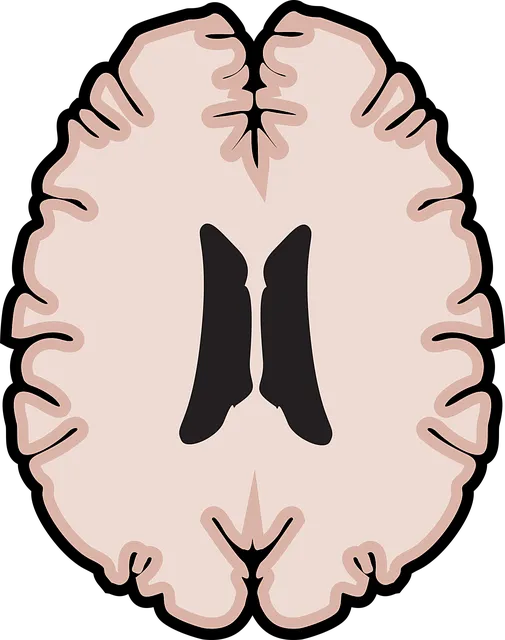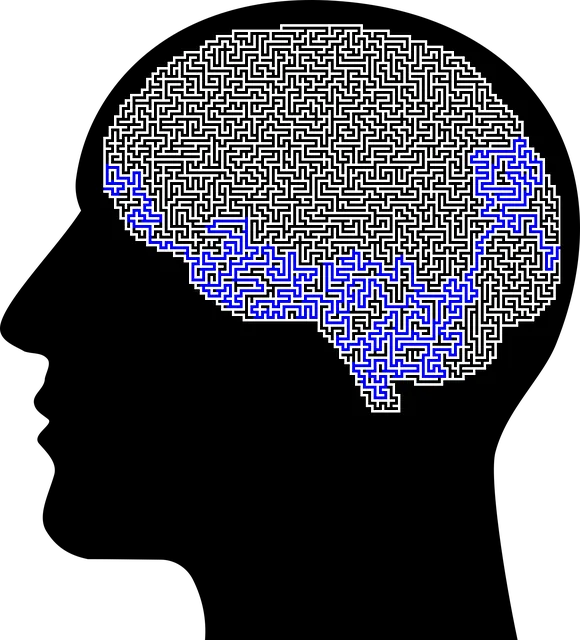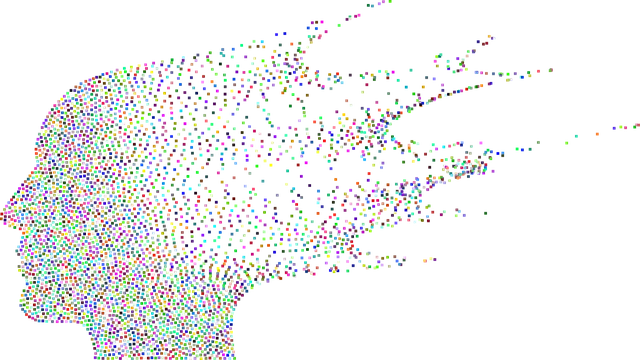Kaiser Permanente is revolutionizing mental health diagnosis through advanced tools like AI, improved crisis intervention guidance, and patient-centric Self-Care Routine Development protocols. Their holistic approach, emphasizing evidence-based practices and continuous training, ensures superior Kaiser Permanente mental health coverage, boosting accuracy, outcomes, and patient satisfaction.
Mental illness diagnosis accuracy is a critical aspect of healthcare that demands continuous improvement. This article delves into innovative strategies enhancing assessment techniques, leveraging advanced tools and technologies, and exploring digital solutions. We focus on the pivotal role of organizations like Kaiser Permanente with their superior mental health coverage, demonstrating how comprehensive care can revolutionize early intervention and treatment outcomes. By examining their initiatives, we uncover streamlined access to quality care and improved patient satisfaction, setting a benchmark for optimal diagnosis and management.
- Enhancing Assessment Techniques for More Precise Diagnoses
- – Discussing the importance of evidence-based assessment methods and training for healthcare professionals.
- – Exploring innovative tools and technologies used to improve diagnostic accuracy.
Enhancing Assessment Techniques for More Precise Diagnoses

Mental health professionals are continually refining assessment techniques to improve diagnosis accuracy, especially in a complex landscape like that of Kaiser Permanente mental health coverage. This involves integrating advanced tools and approaches that cater to the unique needs of individuals seeking treatment. For instance, Crisis Intervention Guidance (CIG) strategies have been enhanced to capture subtle signs and symptoms, ensuring more nuanced assessments during critical situations.
Furthermore, incorporating Self-Care Routine Development for Better Mental Health into assessment protocols empowers patients to actively participate in their care. By teaching effective stress management techniques and encouraging self-care practices, healthcare providers can facilitate earlier intervention and more precise diagnoses. This holistic approach aligns with the comprehensive mental health coverage offered by Kaiser Permanente, ultimately leading to better outcomes and improved patient satisfaction.
– Discussing the importance of evidence-based assessment methods and training for healthcare professionals.

Mental illness diagnosis accuracy has been a growing concern, prompting healthcare professionals to advocate for more robust assessment methods and extensive training. The implementation of evidence-based practices is pivotal in ensuring precise diagnoses and effective treatment plans. By relying on scientific research and clinical guidelines, mental health professionals can minimize subjective interpretations and biases that may lead to misdiagnoses. This shift towards evidence-based assessment is a cornerstone of improving patient care, particularly under comprehensive mental health coverage like Kaiser Permanente’s offerings.
Training programs play a crucial role in equipping healthcare providers with the necessary skills to conduct thorough evaluations. These programs often include specialized workshops on crisis intervention guidance and advanced techniques for assessing complex cases. Moreover, continuous professional development through resources like the Mental Wellness Podcast Series can boost confidence in handling diverse mental health concerns. Such initiatives collectively contribute to raising the bar of diagnosis accuracy, ultimately enhancing patient outcomes and satisfaction with care.
– Exploring innovative tools and technologies used to improve diagnostic accuracy.

In the pursuit of enhancing mental illness diagnosis accuracy, innovative tools and technologies are increasingly playing a pivotal role. Kaiser Permanente, for instance, has been at the forefront of leveraging advanced digital solutions to improve mental health coverage and care delivery. By integrating artificial intelligence (AI) algorithms and machine learning capabilities, mental health professionals can now benefit from data-driven insights that aid in more precise diagnoses. These tools analyze vast amounts of patient data, including medical history, symptoms, and behavioral patterns, to identify trends and patterns that may have otherwise been missed through traditional methods.
Furthermore, the implementation of Risk Management Planning for Mental Health Professionals, along with effective Self-Care Practices, has become essential in this landscape. Community Outreach Program Implementation also plays a crucial role in expanding access to mental health services, ensuring that at-risk populations receive timely and accurate diagnoses. These strategies, combined with innovative technologies, contribute significantly to improving diagnostic accuracy and ultimately enhancing the quality of mental health care across the board.
Mental illness diagnosis accuracy is a critical aspect of patient care, and continuous improvement efforts are essential. By adopting evidence-based assessment methods and providing comprehensive training for healthcare professionals, we can enhance the precision of diagnoses. Additionally, leveraging innovative tools and technologies allows us to stay ahead in this evolving field. Kaiser Permanente’s mental health coverage demonstrates a commitment to ensuring superior access and quality care, aligning with the goal of improving diagnostic accuracy across the board.






